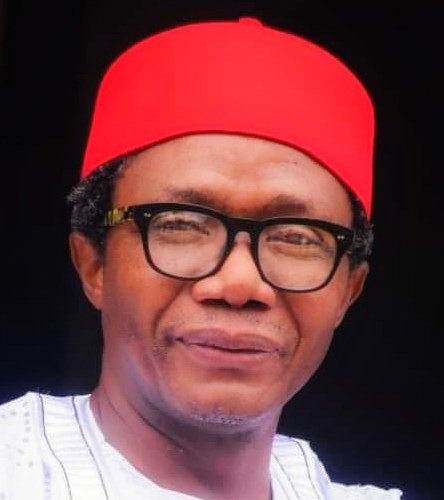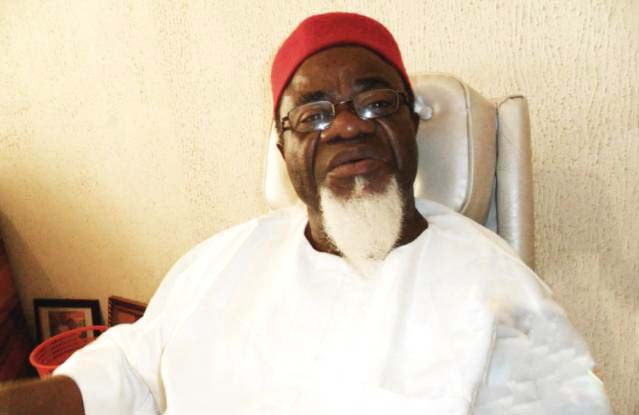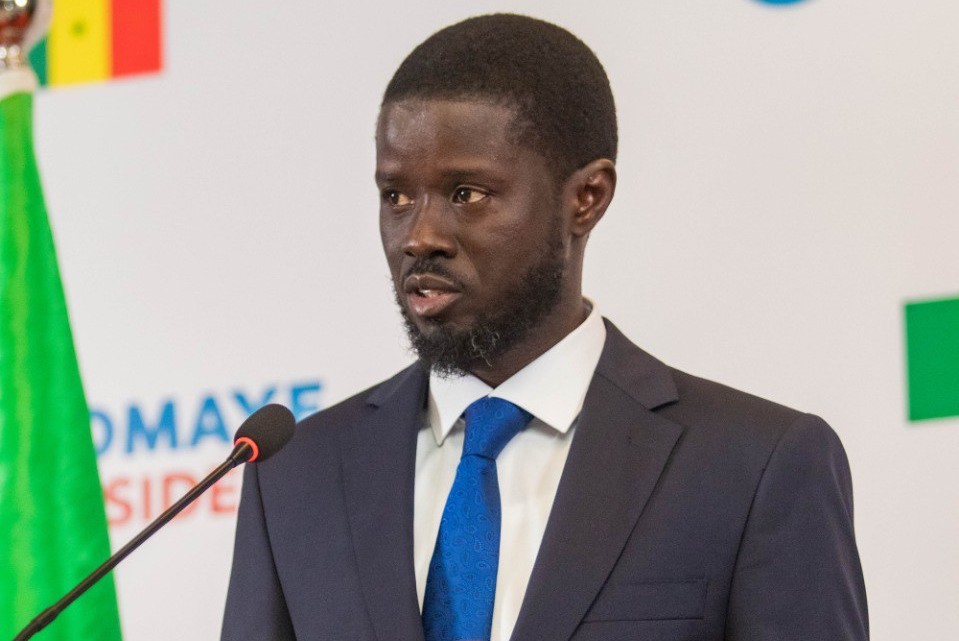One often ignored fact is that everything in life rises and falls on leadership. Furthermore, leadership is incredibly underappreciated and not given the premium it deserves. Any group’s or nation’s success or failure can be attributed to its leadership.
For its importance, leadership is perhaps the most significant legacy of the late Okwadike Ndigbo, Dr. Chukwuemeka Ezeife, the first executive governor of Anambra State, Special Adviser to the President on political matters, and chairman of Ohanaeze Ime-Obi FCT. He was an exemplary leader whose impact was seen not only in Igbo land but also throughout Nigeria. He was adored and revered, and some even dreaded him because they believed, correctly or not, that he was a battle axe for the Ndigbo people.
Ezeife’s life was an open book, and it was obvious where he stood on issues however controversial. He was truthful and exhibited steadfast loyalty to his chosen path; he never once attempted to be politically correct and never shied away from speaking truth to power not to offend or hurt the establishment. His Igbo people leaned heavily on him to be their face and voice because of these reasons. Thus, Ezeife became the Igbo spirit and the Igbo can-do spirit in his time.
He was not only an exemplary Igbo leader but also a real nationalist and statesman. To people with closed minds, it may appear incongruous to be both. It’s not. In federalism, being a good member of one’s ethnic group (federating unit) is the first and primary requirement for being a respectable and patriotic citizen of the country, in our case, Nigeria.
Advertisement
Being typical, Ezeife was a great Nigerian and a great Igbo man all at once. He was loyal to both. Ezeife said something in his last TV interview that ought to be interpreted as his parting message to Nigeria. He said that if the correct actions are taken and social justice is given a chance to play a role in national life, Nigeria will rise to become a superpower, as God has destined it to be. He had earlier in his political career warned his Igbo people to defend their rights within the framework of one Nigeria.
Dr. Chukwuemeka Ezeife showed what leadership should be by example, not by words, before he passed away. He became a symbol of leadership and, in time, the marker of leadership as someone who filled in the void for his people.
Let’s take a quick look at leadership as a concept before looking at the touchstone leadership lessons that may be drawn from Ezeife’s leadership style. Leadership is still the most used and misused concept. Leadership is credited with several things. Because of this, there are as many knowledgeable leadership guidelines as there are experts.
Advertisement
However, influence—the capacity to positively or negatively affect others’ behaviour—is the only thing that distinguishes leadership at all levels and of all kinds. It is clear from this practical definition that positive leadership isn’t always necessary. The underworld needs leadership as well, and they, too, think that honour and integrity are critical criteria for judging good leadership.
According to John C. Maxwell, “Leadership is influence, nothing more, nothing less.” John emphasises that every individual has a certain degree of influence, which is why they are all leaders in their own right. It means that all that is required to persuade a group of individuals to act in a way that the leader wants them to is encompassed in influence as leadership.
The ability to lead is something that is both innate and acquired through experience or education. A unique leader like Ezeife results from a fair combination of nature and nurture. It is evident from Ezeife’s life that leaders are both made and born, anyone who dares to endure the rigorous official and informal training process. However, due to the tough and rigorous nature of the leadership grooming and the role itself, the majority of people are unable to assume leadership roles and would much rather be followers.
Ezeife was propelled into leadership roles, both by authority and those he gained via other means, such as leadership roles conferred by social graces and culture. Ezeife held high positions of authority. He was governor of a state, the permanent secretary in the federal civil service, and a political adviser to the president of the Federal Republic of Nigeria.
Advertisement
Yet, it is not appropriate to rely on these positions of authority, which Ezeife occupied by election and appointment, to evaluate his leadership abilities because roles created by law offer fundamental compliance guidelines and sanctions that force people to unwillingly follow the leader. What Max Weber called rational-legal authority are positions of power. In a rational-legal authority model, the legitimacy and rationality of the law serve as major determinants of an organisation’s or a ruling regime’s authority and bureaucracy. It is the second of Max Weber’s tripartite classifications of authority.
The role of Ezeife as an Igboist and nationalist cum statesman will be a more reliable tool. One is still relying on the operational definition already adopted for this treatise: leadership as an influence and its process. This is because both were the areas where his leadership influence was best exercised due to their situational and contingency natures.
Chukwuemeka Ezeife exhibited six essential leadership qualities that are crucial for situational and contingency leadership: courage, integrity, forthrightness, vision, competence, and empathy.
The virtue of courage marked Ezeife’s life. Even when angels would not, he never shied away from taking risks for the people as their leader. He was willing to pay the ultimate price (as seen by his “Eji ndu eme gini” philosophy). He spoke truth to power.
Advertisement
There are some who argue that competence, vision, and integrity are the three key components of a successful leader. Many researchers did, however, issue a warning: if a leader lacks integrity, there’s no need to hunt for other attributes. Integrity means that a person is trustworthy and incorruptible to the extent that they cannot be untrue to a commitment, duty, or trust. Probity, which denotes tried-and-true honesty or integrity, is related to it.
To be sure, the cornerstone of any effective leadership is integrity. Since it is the basis, whatever is built on top of it will collapse in its absence. Integrity is the foundation of leadership; without it, everything else crumbles.
Advertisement
Ezeife was a man of high moral character. He had a very strong sense of courage in his convictions and was unwavering and uncompromising. In whatever situation, he was such a dependable mouthpiece for his people. His honesty and directness in all he said and did stood him out as one Igbo man who could not be bought.
He was straightforward, unambiguous, and direct. The reverse of straightforward, as we observe with the majority of Nigeria’s so-called leaders, might be elusive, shifty, oblique, or convoluted. His word was his bond, and he never wavered. He spoke his thoughts and feelings loudly and plainly.
Advertisement
Ezeife was very visionary as well. The capacity to focus on the most crucial elements of one’s goals and ideal leadership style is what is called leadership vision. Ezeife was aware that both Nigeria and Ndigbo required leadership; therefore, he took deliberate steps to assume the role and performed admirably.
For Igbo leadership, Ezeife served as a metaphorical “touchstone”—he became a benchmark for worth or excellence—by which other Igbo leaders could be judged. As demonstrated by Ezeife, leadership competencies are the abilities and attitudes that support exceptional performance.
Advertisement
Because Ezeife lived and was at the head of the Igbo collegiate leadership system, the ethnic group, though greatly republican, remains resolute and thriving, and their essence in Nigeria is more strongly felt. Throughout his life, Ezeife famously made sure the marginalisation of Ndigbo in Nigeria was at the forefront in such a way that it remained topical.
Lastly, Ezeife possessed a great deal of empathy, which is a critical trait of a successful leader. Because of his compassionate leadership style, Ezeife concentrated on relating to and comprehending the perspectives of both Igbo and non-Igbo people. He truly empathised with the suffering of his people and other Nigerians as well. Ending the Igbo marginalisation in Nigeria, which dates back to the Nigeria-Biafra war was, in fact, Ezeife’s lifelong struggle.
Dr. Chukwuemeka Ezeife was indeed a living example of the six cardinal characteristics of a great leader, making him a true study in group leadership. For those who really want to be in leadership positions, Ezeife offered them a leadership pathway. Despite not being born great, he attained greatness and had greatness thrust upon him. Throughout his life, Ezeife proved: You too can do it!
Good night, authentic Igbo leader and archetypal patriot and statesman, Okwadike Ndigbo.
Dr Law Mefor, an Abuja-based forensic and social psychologist, is a fellow of The Abuja School of Social and Political Thoughts. He can be reached via [email protected]; Twitter: @Drlawsonmefor.
Views expressed by contributors are strictly personal and not of TheCable.
Add a comment







